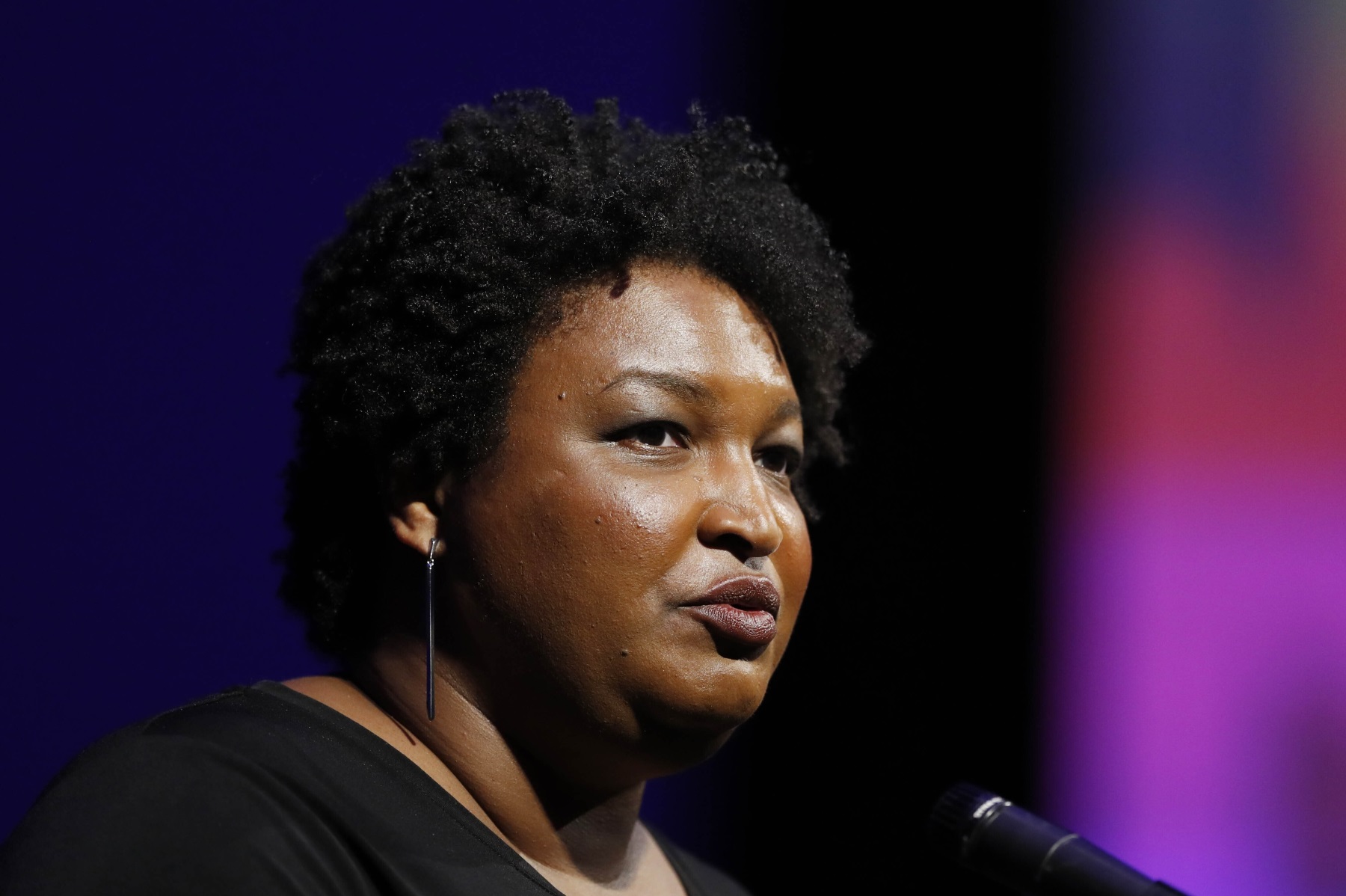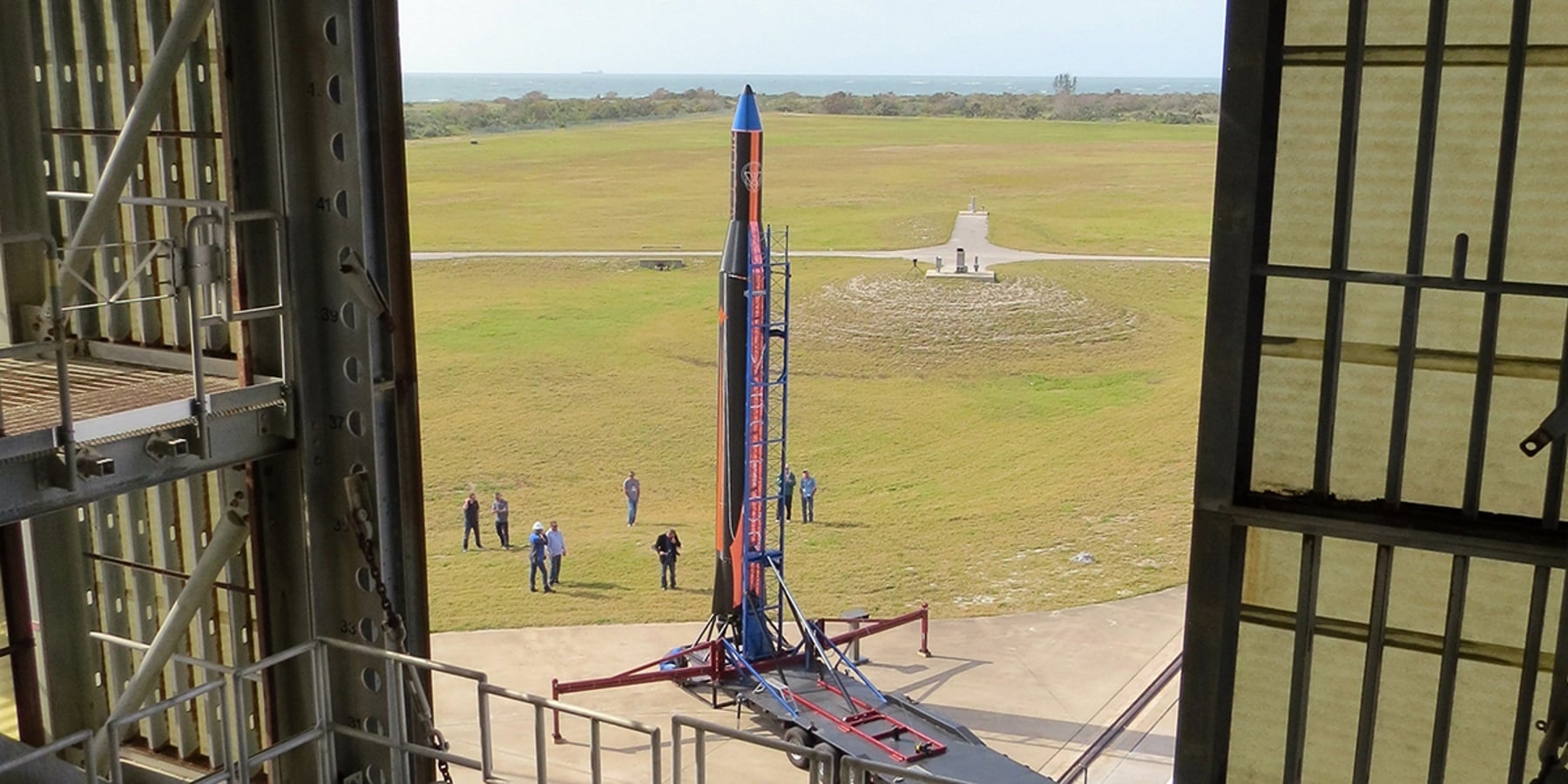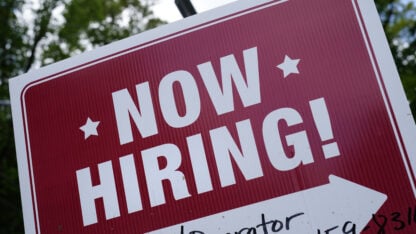Democrat Stacey Abrams, who vaulted onto the national political stage championing voting rights during an unsuccessful 2018 run for Georgia governor, announced on Tuesday that she’s launching a new multistate voter protection initiative and not running for president in 2020.
Abrams revealed plans for the initiative, called Fair Fight 2020, during a speech before a labor union convention in Las Vegas that was livestreamed on Facebook. The multimillion-dollar project will staff and fund voter protection teams in battleground states across the country ahead of next year’s elections.
The announcement follows months of speculation over what Abrams’ next move in politics might be, including whether she’d join the crowded field of 2020 presidential hopefuls as she had mused.
But that notion was put to rest as Abrams expressed optimism that Democrats could make gains in the next election.
“We’re going to win because there are only two things stopping us in 2020: making sure people have a reason to vote and that they have the right to vote. Well I’ve decided to leave it to a whole bunch of other folks to make sure they have a reason to vote,” Abrams said, referring to the field of Democratic candidates.
“But I’m here today to announce Fair Fight 2020 to make sure everyone has the right to vote,” she said.
Abrams spokesman Seth Bringman confirmed that Abrams was not running for president and would instead focus on the new initiative.
Abrams, former minority leader of the Georgia House, faced Republican Brian Kemp during her unsuccessful bid for Georgia governor last year. Kemp was secretary of state during their race, and Abrams frequently accused him of using his position to suppress votes, especially in minority communities.
Kemp vehemently denied the claim.
Voters in that election reported a myriad of problems casting ballots including malfunctioning voting equipment and long wait times that caused some voters to give up in frustration.
In the days following Kemp’s narrow victory, Abrams refused to concede the race. She quickly founded a political organization that filed a federal lawsuit that said state elections officials “grossly mismanaged” the election in a way that deprived some citizens of their right to vote.
Abrams said her new group will fight “systematic” voter suppression across the country.
A statement from Fair Fight says the initiative will “either directly fund, or assist in raising the funds for, robust voter protection operations, which will be run by Democratic state parties and allies.”
“Fair Fight staff will provide ongoing support to these operations,” it says.
In February, Abrams was tapped to deliver the Democratic response to President Donald Trump’s 2019 State of the Union address.
A few months later she announced that she would not run in 2020 for the U.S. Senate seat held by incumbent Georgia Republican Sen. David Perdue, after being heavily recruited by Senate Democratic leadership to run.
Her decision to remain on the sidelines leaves her as a prime potential vice presidential pick and keeps the door open to a possible 2022 rematch against Kemp.









